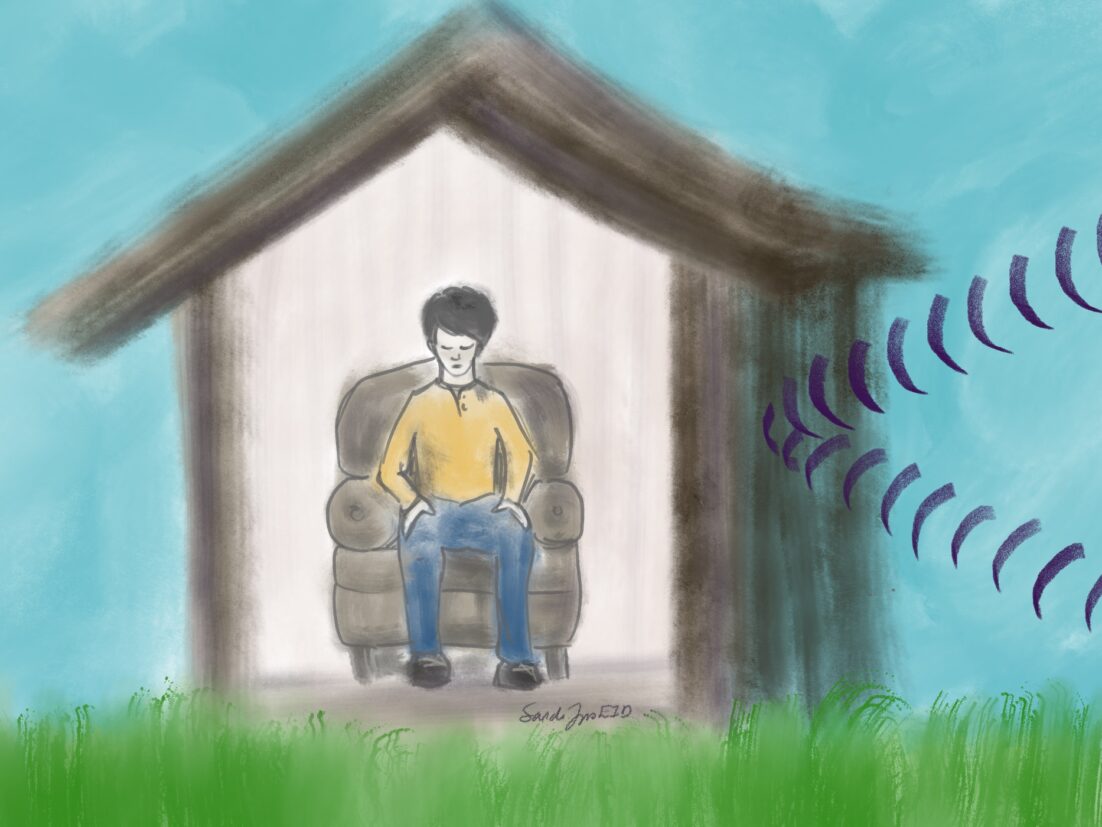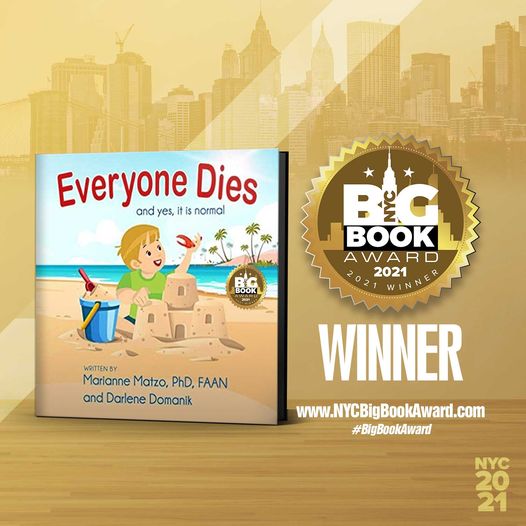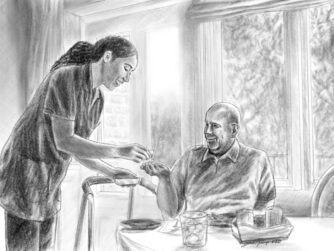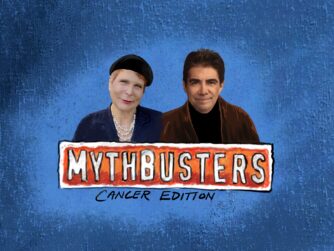What is the importance of hearing, and is there any relationship to cognitive impairment and dementia? We dig into the research in this episode.
In this Episode:
Transcript (click the “Transcript” tab)
- 05:46 – Heart Healthy is also Brain Healthy
- 13:57 – Recipe of the Week: Classic Spinach Quiche
- 15:44 – What Does Research Say About Hearing Loss and Dementia, and Can Hearing Aids Slow it?
- 38:51 – Don’t Wear Your Hearing Aids? You’re Not Alone
- 48:59 – Outro
Why Should You Wear Your Hearing Aid?
Age-related hearing loss – which is the third leading cause of chronic disability in older adults – has been shown to be associated with increased risk of cognitive impairment and dementia.
Hearing loss also causes worse health care professional–patient communication, more frequent hospitalization, more social isolation, functional declines, and falls. Hearing loss can be well-managed with hearing aids, yet most people refuse to wear them.
What are the parts of my auditory system?
- Your auditory system (hearing system) consists of many different parts, including your: Outer ear, Middle ear, inner ear, and auditory nervous system. Successful hearing requires all these parts to function properly.
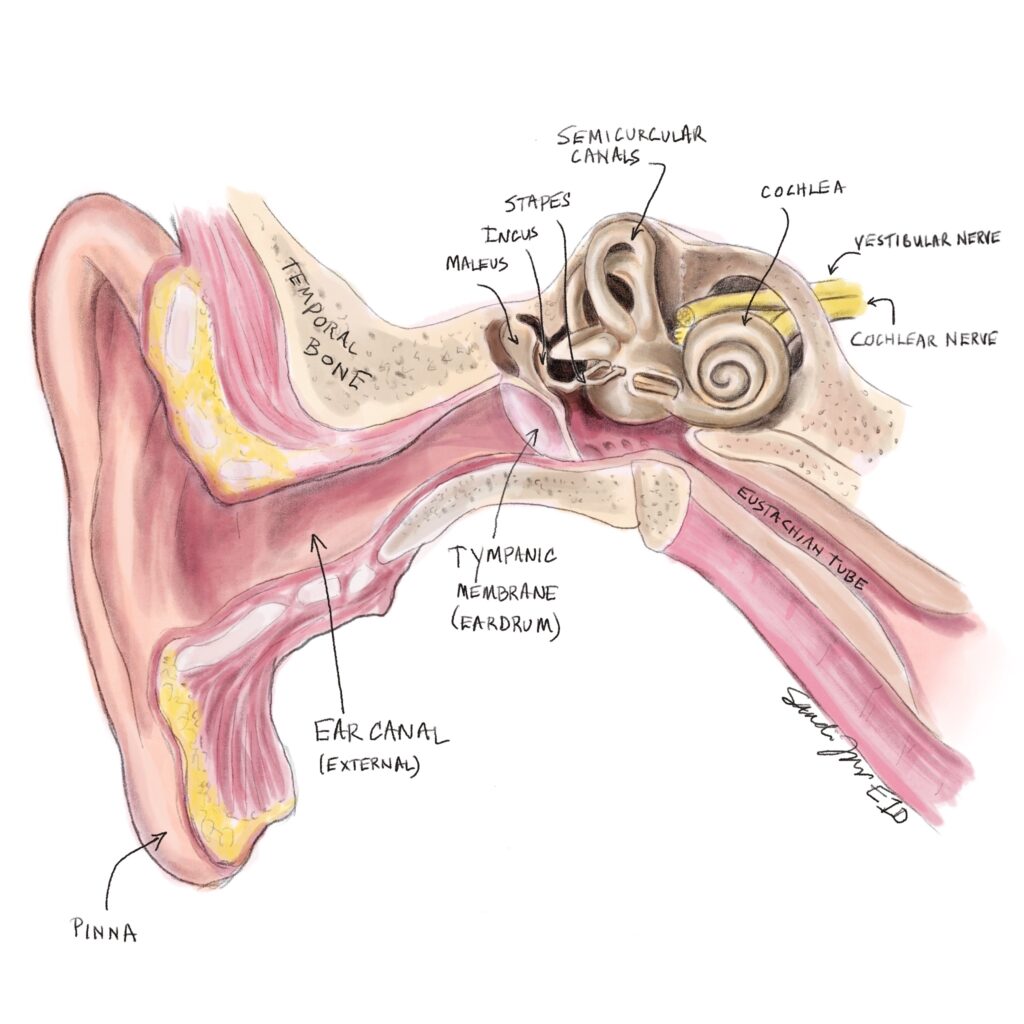
What Do I Need to Know About Hearing Loss?
- About 38 percent of adults between the ages of 65 and 75 have age-related hearing loss—and this climbs to 54 percent in the years after that. Don’t wait to see an audiologist for an exam and treatment.
Is Hearing Loss Permanent?
- The most common type of hearing loss is sensorineural (permanent), but there are a few causes of hearing loss that can be curor surgery. See an audiologist for a diagnosis and treatment plan.
What foods will help me keep my hearing?
- Fish, Citrus Fruits, Dark Green Veggies, Eggs, cantaloupes, bananas, dark chocolate, garlic, whole grains, milk
What Do I Need to Know About Hearing aids?
- Hearing aids are not covered by Medicare or Medicaid, so you will have to pay for them if those are your only insurance. Despite price, they all work in the same way. If you go through an audiologist, they will usually bundle their services for one price (cost of hearing aid, fitting appointments, training on how to use, follow-up visits and repair. Big-box stores also sell these devices, so it makes sense to shop around.
Heart Healthy is also Brain Healthy
Eating a heart healthy diet will help more than your heart. Foods that are good for your brain, heart and lungs, specifically a diet rich in fruits, veggies, lean protein, grains and healthy fats helps maintain hearing. These foods are high in antioxidants and reduce inflammation in the body that can increase hearing problems. Listen to learn some tips to improve your diet.
We have a wonderful hearing-healthy recipe for classic spinach quiche by Maria Lichty. This classic Spinach Quiche has a buttery, flaky crust, a generous amount of spinach, onion, garlic, rich custard egg filling, and lots of melty Gruyère cheese.
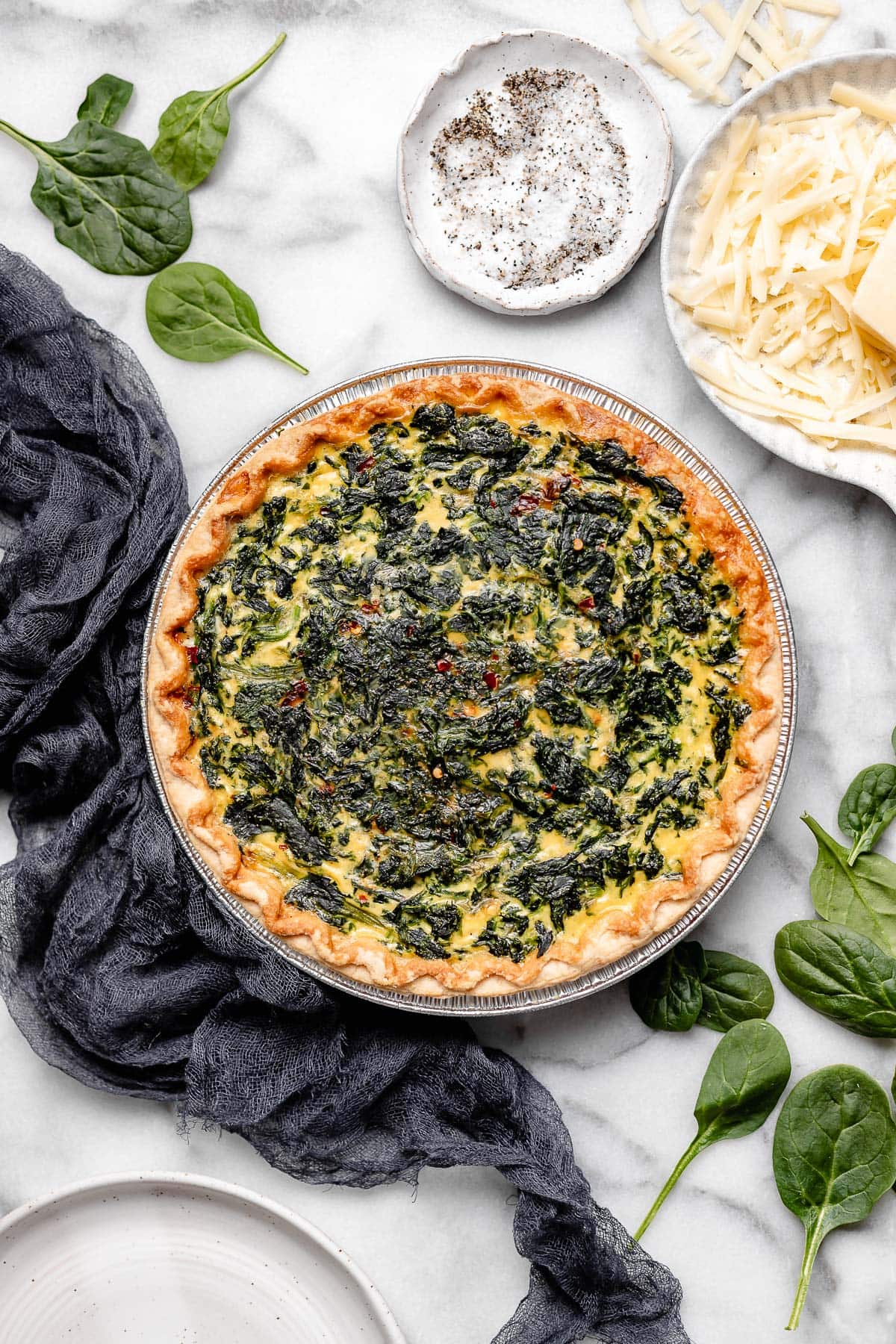
Don’t Wear Your Hearing Aids? You’re Not Alone
If you have hearing aids, but put off wearing them, you’re not alone. Nearly 80% of Americans who could benefit from using their hearing aids won’t use them. Instead, they gather dust in drawers and containers. Listen for four reasons from Americans as to why people say they won’t wear their hearing aids.
But being connected with the world is important, as Marianne shared some of the impacts on the brain with social isolation. Loneliness and isolation are known contributors to risk of dementia, so it is worth fighting for a better fit or style to help you wear your hearing aids more.
References:
- Hearing Loss and Dementia – Who’s Listening? – PMC (nih.gov)
- Retraction of a Publication Error Reporting That Hearing Aid Use Modified Dementia Risk | Canadian Audiologist
- Hearing loss as a risk factor for dementia: A systematic review – PMC (nih.gov)
- Association Between Hearing Aid Use and Health Care Use and Cost Among Older Adults With Hearing Loss | Otolaryngology | JAMA Otolaryngology–Head & Neck Surgery | JAMA Network
- Community-dwelling older adults with hearing loss experience greater decline in cognitive function over time than those with normal hearing – PubMed (nih.gov)
- Hearing loss and cognitive decline in older adults – PubMed (nih.gov)
- https://pubmed.ncbi.nlm.nih.gov/31557539/
- Relationship of Hearing loss and Dementia: a Prospective, Population-based Study – PMC (nih.gov)
- Self-Reported Hearing Loss, Hearing Aids, and Cognitive Decline in Elderly Adults: A 25-Year Study – PubMed (nih.gov)
- Adherence to Healthful Dietary Patterns Is Associated with Lower Risk of Hearing Loss in Women – PubMed (nih.gov)
- 4 Reasons Why People Won’t Wear Their Hearing Aids – Ameritas
- Huang AR, Jiang K, Lin FR, Deal JA, Reed NS. Hearing Loss and Dementia Prevalence in Older Adults in the US. JAMA. 2023;329(2):171–173. doi:10.1001/jama.2022.20954
- Yeo BSY, Song HJJMD, Toh EMS, et al. Association of Hearing Aids and Cochlear Implants with Cognitive Decline and Dementia: A Systematic Review and Meta-analysis. JAMA Neurol. 2023;80(2):134–141. doi:10.1001/jamaneurol.2022.4427
Resources
- 11 Vitamins and Minerals to Support Hearing Health (aarp.org)
- How to Buy Hearing Aids — Hearing Health Foundation
- 10 Foods for Hearing Health: A Nutrient-Packed Guide | American Hearing + Audiology


https://blog.feedspot.com/palliative_care_podcasts/
Everyone Dies: and yes, it is normal!
Everyone Dies (and yes, it is normal) is a story about a young boy named Jax who finds something special on the beach where he and his grandpa Pops are enjoying a wonderful day. Pops helps Jax understand that death is a normal part of life. This book provides an age appropriate, non-scary, comfortable way to introduce the important topic of mortality to a preschool child. Its simple explanation will last a lifetime. Autographed copies for sale at: www.everyonediesthebook.com. Also available at Amazon
Mourning Jewelry
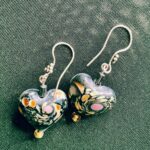
We offer a way to memorialize your loved one or treasured pet with a piece of handmade jewelry. When people comment on it and the wearer can say for example “I received this when my mother died” which opens the conversation about this loss. All our jewelry is made with semi-precious stones and beads, vintage beads, and pearls. You can choose between earrings or bracelets and the color family. Learn More


